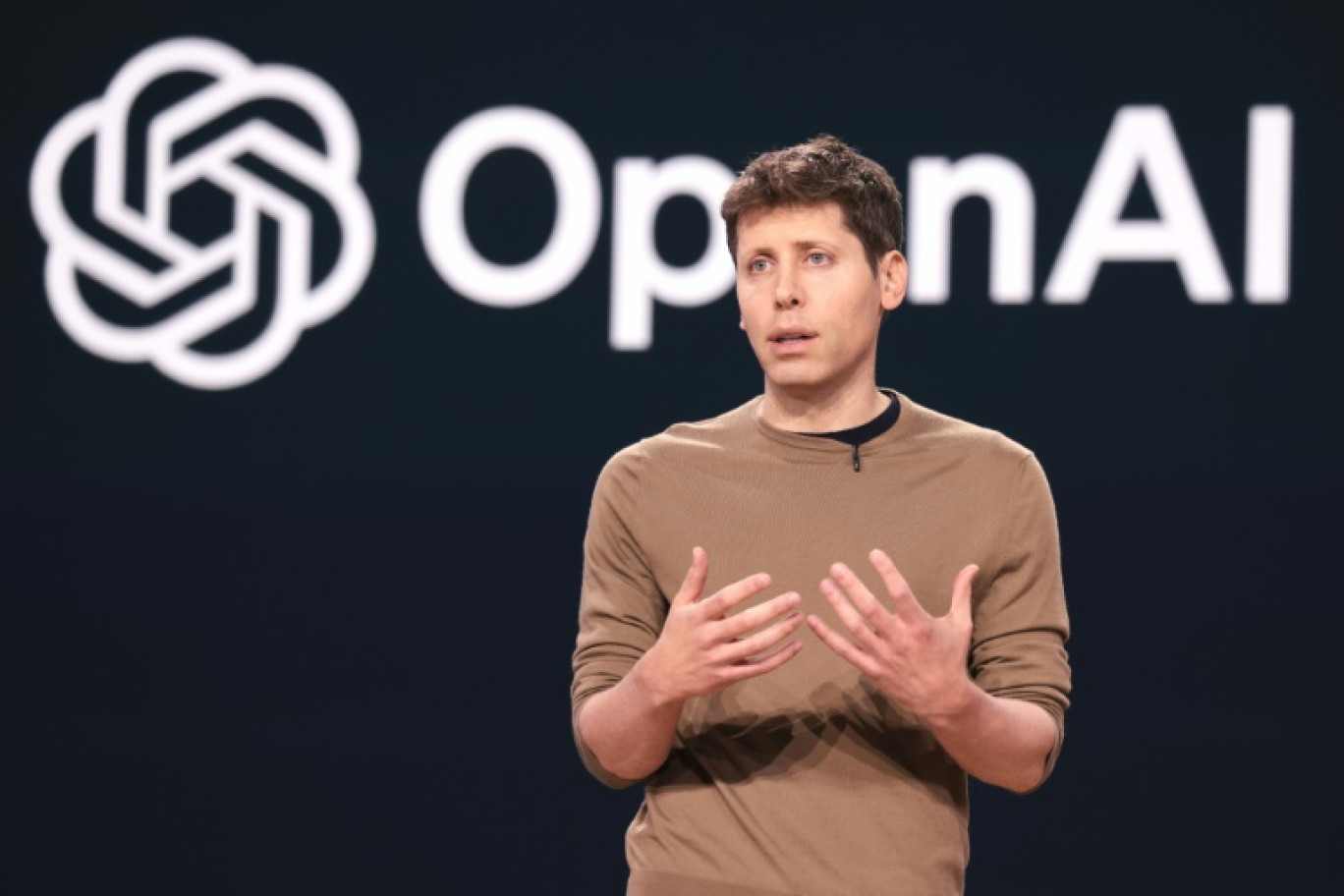In recent months, the AI industry has seen a surge in investment opportunities, with OpenAI standing at the center of global attention. However, OpenAI warns against SPVs and other unauthorized opportunities that claim to give investors exposure to the company’s equity.
The caution highlights growing risks for investors as artificial intelligence becomes one of the most sought after markets worldwide. This warning not only addresses the technicalities of equity ownership but also underscores the rising problem of predatory financial tactics targeting individuals and firms eager to invest in AI’s future.
Why OpenAI Warns Against SPVs?
OpenAI made its statement after observing a sharp increase in firms promoting special purpose vehicles SPVs that claim to provide indirect access to OpenAI equity. SPVs are financial entities created to pool investments from multiple investors into a single vehicle, often used in venture capital and private equity deals.
While SPVs are not inherently illegal, they can become problematic when used without authorization. OpenAI noted that some firms may be attempting to circumvent our transfer restrictions, essentially bypassing the company’s rules on equity distribution.
By stating that OpenAI warns against SPVs, the company is drawing attention to two major concerns. Many investors may unknowingly commit funds into unauthorized schemes that carry significant risks. Unauthorized SPVs could misrepresent their relationship with OpenAI, creating reputational and legal challenges.
To understand why OpenAI warns against SPVs, let’s look at the broader context of how SPVs have been misused in Silicon Valley. In 2021, during the peak of the tech funding boom, several investors pooled money into SPVs claiming exposure to emerging startups.
However, when one of the startups, Fast a payments company, collapsed in 2022, SPV investors were left with heavy losses and little recourse. Many had not realized that they lacked the same protections as direct equity shareholders.
This case illustrates why OpenAI’s caution is timely. Investors may not fully grasp that buying into unauthorized SPVs does not guarantee direct equity, voting rights, or legal protection if something goes wrong.
Financial experts emphasize that OpenAI warns against SPVs not to limit investment interest, but to ensure fairness and transparency. Dr. Helen Morris, Finance Professor at Stanford SPVs can be useful when structured properly, but they are also a common vehicle for abuse.
OpenAI’s warning reflects an effort to protect investors from the gray areas of financial engineering that often arise in high demand sectors like AI. Michael Chan, Venture Capital Analyst OpenAI’s equity is among the most desired assets in tech right now. Unauthorized SPVs prey on fear of missing out.
The company’s warning is essentially saying if it doesn’t come from OpenAI directly, think twice before writing a check. These expert views align with the company’s stance, reinforcing the need for cautious, informed investment.
Investors Share Their Lessons
Some investors who previously engaged in unauthorized SPVs have spoken about their experiences, adding a deeply human touch to why OpenAI warns against SPVs.
Sarah, Angel Investor in New York I once invested in an SPV tied to a biotech startup. The deal was marketed as exclusive, but when the company was acquired, SPV investors like me received far less than direct shareholders. It taught me to never invest without verifying the legitimacy of the vehicle.
Raj, Tech Enthusiast in London I got an email about an SPV offering indirect exposure to OpenAI. The pitch was glossy, but when I dug deeper, there was no official confirmation from OpenAI.
Thankfully, I didn’t invest. I appreciate that OpenAI is speaking up about this now it saves people from costly mistakes. These stories show the real risks ordinary investors face when navigating unauthorized financial deals.
Why Unauthorized Deals Are Dangerous
When we analyze why OpenAI warns against SPVs, the dangers become clear. Lack of Transparency Unauthorized SPVs may hide critical information about fees, risks, and investor rights.
No Direct Ownership Investors often don’t get actual OpenAI shares but a derivative form of exposure, which may hold little value in the future. High Fees and Middlemen Many SPVs charge steep management fees, reducing investor returns even if the underlying company grows.
Legal Gray Zones Since these vehicles bypass company approved structures, investors may lack legal protection in disputes. This makes OpenAI’s message simple but powerful: don’t fall for shortcuts.
The AI revolution has created unprecedented demand for access to companies like OpenAI. With valuations soaring, investors are eager not to miss out. But this hype also attracts opportunists who exploit the gap between demand and availability.
Just as the dot com boom saw questionable investment vehicles in the 1990s, the AI boom is now seeing its own wave of unauthorized offers. By emphasizing that OpenAI warns against SPVs, the company is trying to curb the cycle of misinformation before it becomes widespread.
How Investors Can Protect Themselves
OpenAI’s caution offers important lessons for anyone looking to invest in cutting-edge technology. Verify Authenticity Always confirm whether the investment opportunity is directly authorized by the company.
Do Due Diligence Research the structure, terms, and legal standing of any SPV before committing funds. Seek Legal Advice Consulting a financial lawyer can help investors avoid falling into unauthorized traps.
Stay Patient Direct equity opportunities may be rare, but safer than risky backdoor routes. At the heart of this issue is trust. By making a public statement, OpenAI warns against SPVs to protect its brand and safeguard investors from manipulation.
This move also reflects a growing awareness in the AI ecosystem as demand rises, so does the responsibility to protect people from fraudulent or unauthorized practices.
Investors, meanwhile, must recognize that opportunities too good to be true often are. OpenAI’s message serves as a reminder that patience, due diligence, and caution are the best safeguards in a market driven by hype.
In the long run, the best investments in AI will come not through unauthorized shortcuts, but through transparent and ethical channels that align with the innovation driving the industry forward.
